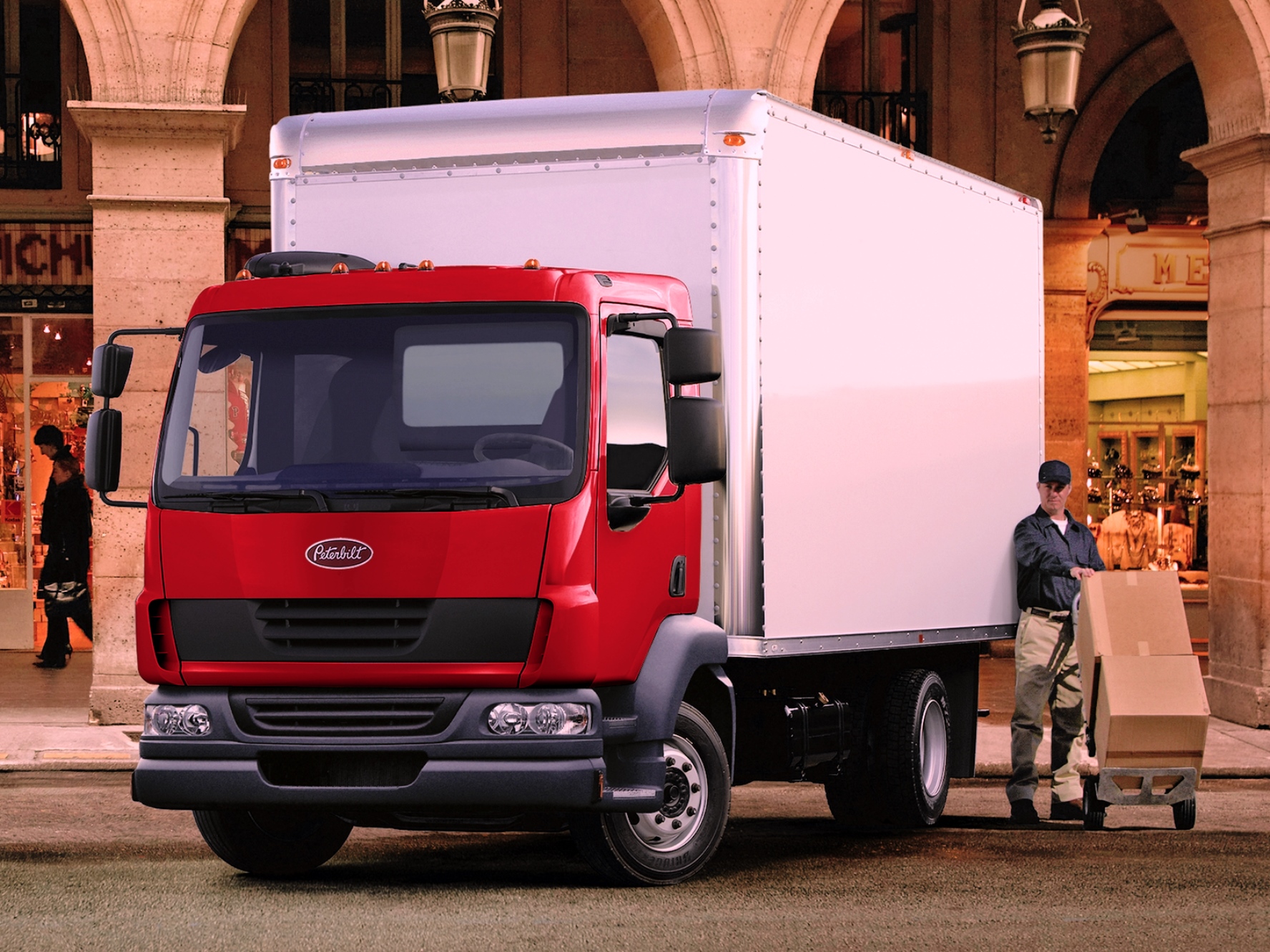
Choosing the right size cargo box for your business
Choosing the right size truck cargo box is a key decision for businesses that rely heavily on transportation. The size of your cargo box directly affects the number and types of goods you can transport efficiently. Optimal sizing ensures that you can maximize the capacity of your vehicle while minimizing costs. In this article, we'll look at guidelines for determining the ideal cargo box size for your business.
1. Cargo volume requirements:
Consideration: Calculate the average volume of goods you need to transport regularly.
Recommendations: If you regularly transport large or oversized items, it is recommended that you select a larger cargo box to accommodate them comfortably. Smaller boxes are suitable for businesses with smaller, more standardized cargo.
2. Cargo weight restrictions:
Consideration: Estimate the weight of your cargo.
Recommendations: Make sure the cargo box size you select can safely support the weight of your item while complying with legal vehicle weight and capacity limits. Overloading can damage the vehicle and pose a safety hazard.
3. Truck compatibility:
Consideration: Determine the make and model of the truck you intend to use.
Recommendations: Choose a cargo box that fits securely on your truck. Make sure the size of the box matches the dimensions of the truck and its load capacity.
4. Accessibility requirements:
Consideration: Evaluate your cargo loading and unloading requirements.
Recommendations: If you need easy access to cargo, consider a cargo box equipped with features such as side doors or a liftgate. This ensures efficient loading and unloading, especially for businesses with frequent shutdowns.
5. Cargo protection:
Consideration: Assess the sensitivity of your cargo to environmental factors.
Recommendations: If your cargo is exposed to the elements or requires temperature control, choose cargo boxes that are climate-controlled or weatherproof.
6. Route and road conditions:
Consideration: Analyze the routes and road conditions you typically drive on.
Recommendations: If your routes involve narrow or challenging roads, choose a cargo box size that allows for easy maneuverability without obstructing your view.
7. Fuel efficiency:
Consideration: Consider the impact of cargo box size on fuel consumption.
Recommendations: Smaller cargo boxes can improve fuel efficiency by reducing weight and wind resistance. However, strike a balance between improving fuel efficiency and payload requirements.
8. Future growth:
Consideration: Consider your business's potential for expansion.
Recommendations: Select a cargo box size that allows for projected growth without the need to replace the box. It is cost effective to plan ahead for future expansion.
9. Regulatory Compliance:
Consideration: Check local regulations regarding cargo box size.
Recommendations: Make sure the shipping container you choose meets local government weight and size regulations. Failure to comply may result in fines.
10. Cost Considerations:
Consideration: Evaluate your budget and financial constraints.
Recommendations: Larger cargo boxes typically require higher initial costs and may incur higher ongoing operating costs. Weigh the costs and benefits to determine the most cost-effective solution for your business.
11. Cargo box material:
Consideration: Decide on the material for the cargo box.
Recommendations: Cargo boxes are typically made from materials such as aluminum, steel, or composite materials. When choosing a material, consider factors such as durability, weight, and corrosion resistance.
In conclusion, choosing the right size cargo box for your business is a vital decision that requires careful consideration of various factors. Conduct a thorough analysis of your cargo requirements, truck compatibility and financial constraints. Ultimately, the goal is to optimize the efficiency and profitability of your transportation operations while ensuring your ability to effectively meet customer demands.






